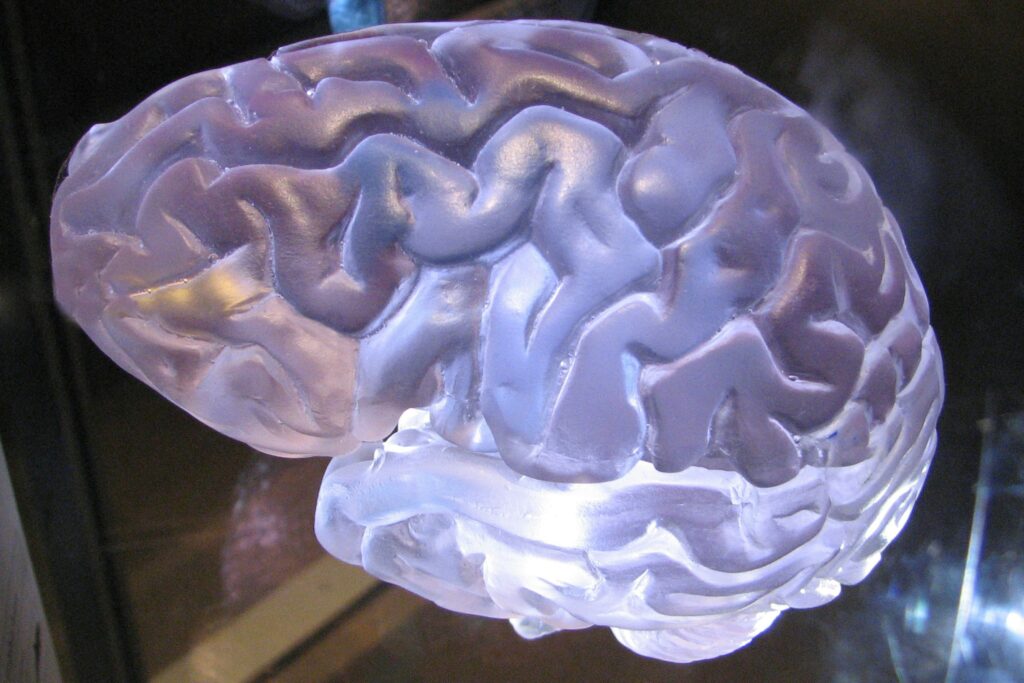Have you ever wondered how your thinking and memory change as you age?
Our brains go through many stages, from quick learning in childhood to slower recall in later years. These changes are a normal part of life and can affect how we work, learn, and interact with others. By understanding these shifts, we can better support ourselves and those around us. Whether you’re a student, parent, or caregiver, this topic matters to you.
Read on to discover how the brain changes over time and what you can do to stay sharp at any age.
Cognitive Changes in Childhood
In the early years, children’s brains grow rapidly. They begin to understand language, recognize people, and explore their surroundings. As they get older, they learn to solve simple problems and remember more information.
Children’s thinking changes as they interact with others and try new things. Activities like reading, playing, and asking questions boost brain development. These changes are a natural and important part of growing up.
Cognitive Changes in Adolescence
During adolescence, the brain continues to grow and change. Teens start to think more deeply and make their own decisions. They begin to understand complex ideas and consider different points of view. These changes help them become more independent.
This can lead to strong emotions and risky choices at times. Support from family, school, and friends is important during this stage. Positive guidance helps teens build strong thinking and decision-making skills.
Cognitive Changes in Adulthood
In adulthood, thinking and memory are often strong and steady. Adults use their experience to solve problems and make good decisions. They can focus well and handle many tasks at once. These skills are important for work, family, and daily life.
As people age, some mental tasks may take longer. It might be harder to remember names or learn new things quickly. However, many adults keep sharp thinking skills with practice and healthy habits. Staying active and engaged helps keep the mind working well.
Cognitive Changes in Senior Years
As people grow older, their memory and thinking skills may slow down. Simple tasks might take more time, and it can be harder to remember names or details. Not all changes mean serious problems, but it’s important to watch for signs of behavior changes in seniors. These signs can help identify when someone might need extra support or medical attention.
The brain still has the ability to learn and adapt, even in later years. Staying mentally and physically active can help keep the mind sharp. Social interaction and a healthy lifestyle are also important for brain health. Understanding these changes helps families and caregivers provide the best care for seniors.
Adapting to Cognitive Changes
People can adjust to changes in their thinking and memory at any age. Using tools like calendars, notes, or reminders can help manage daily tasks. Staying active, both mentally and physically, supports brain health.
Learning new skills and staying connected with others can boost confidence. Small lifestyle changes, like a balanced diet and regular exercise, also improve brain function. With patience and support, adapting to cognitive changes becomes a natural part of life.
Empower Your Understanding of Cognitive Health
Understanding cognitive changes is essential for caring well for loved ones or children.
If you have questions about cognitive health or need advice on interventions, consider speaking with a healthcare professional who specializes in cognitive development.
If you want to explore the best topics, we’ve got you covered. Check out some of our other blogs today!


